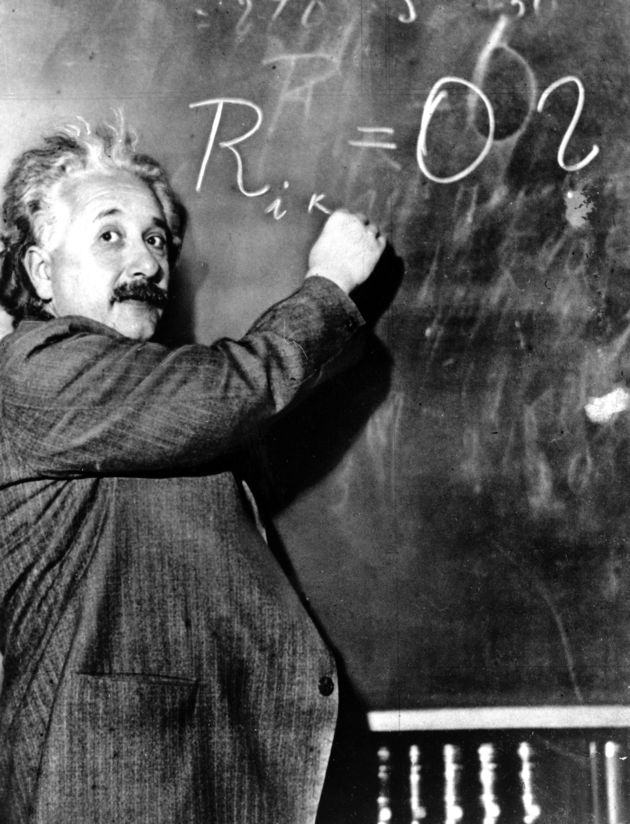Knowledge Makes Learning Easier

We learn better when the material meshes with what we already know, according to a new study of rats that researchers say could help explain human learning.
Scientists trained rats to associate six feeding areas with six different flavors of rat food. After six weeks of training in a constant set of smell-location pairs, the trained animals learned new flavor-place associations in a single test—a surprisingly short period of time, the researchers say.
“You could be very literal and liken it to you learning where the Indian restaurant is, where the Thai restaurant is, where the curry house is and so on,” said study team member Richard Morris at the University of Edinburgh in Scotland. “Then when a new restaurant opens it’s easy to slot it into your framework.”
The rats were also able to remember the new associations for at least two weeks, the researchers reported in the April 6 issue of the journal Science.
These new associations were initially learned with the help of a region of the brain called the hippocampus. But when the researchers removed this organ within 48 hours, the associations had already become stable memories in the neocortex—the outermost layer of brain cells in mammals involved in higher cognitive functions.
“The neocortex was able to incorporate new information rapidly,” wrote Larry Squire of the Virginia Medical Center in a related Science article. He was not involved in the study. Past studies have concluded that animals normally take at least a month to learn such new information.
The new findings could aid researchers in designing treatments for people with memory problems.
Get the world’s most fascinating discoveries delivered straight to your inbox.
“I think we need to think about this aspect and thinking about relating information to what people already know as a behavioral thing, as a cognitive thing, and not just assume that it’s all to do with pharmacology,” Morris told LiveScience. “And even if it is, then we [have] to think about neocortical neurons and synapses, and not just hippocampal ones.”
- The Greatest Modern Minds
- Top 10 Mysteries of the Mind
- Recipe for Genius Revealed



